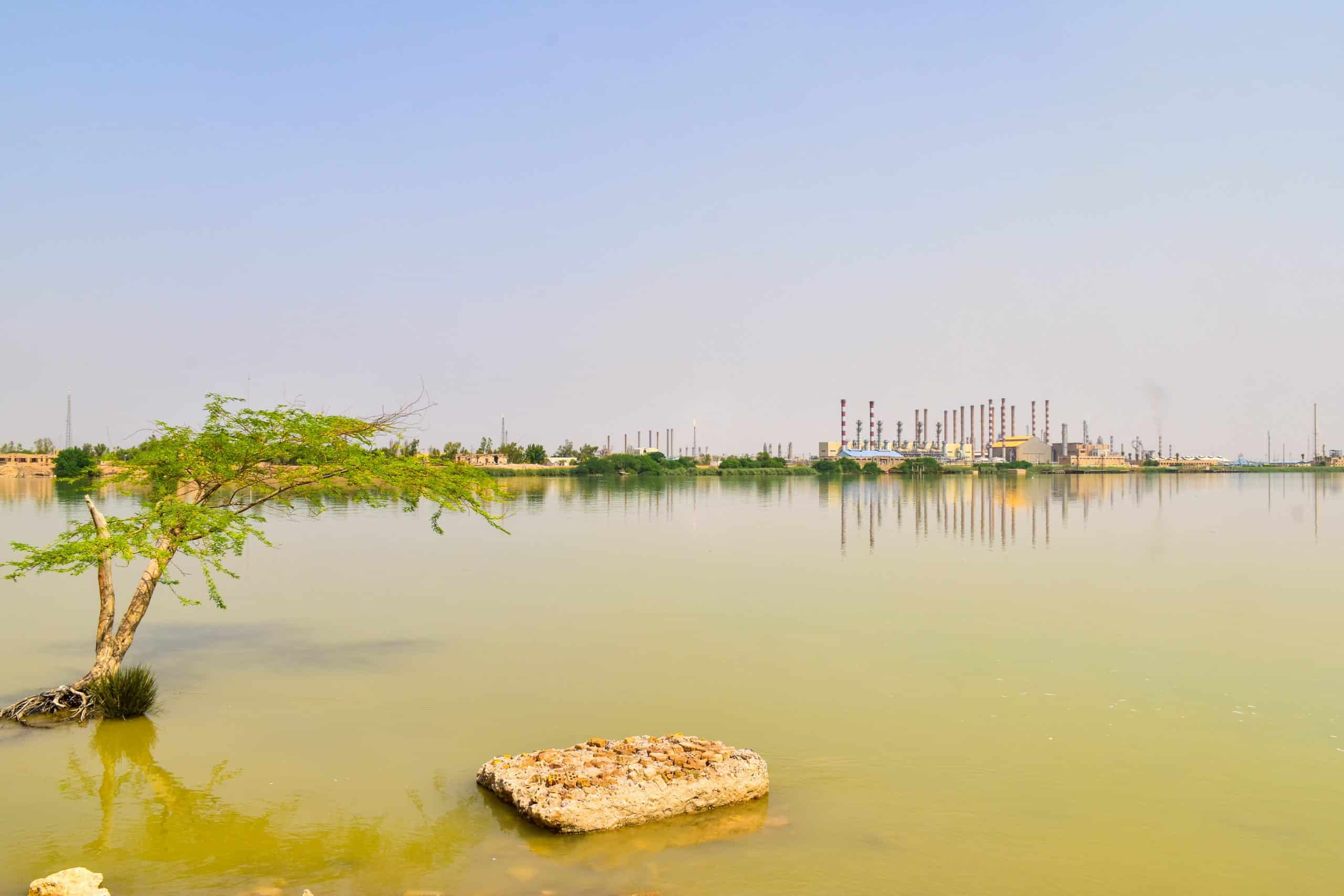When placing women, water and diplomacy in the same sentence, often enough the link among them is not easily or well understood. Because, both terms can be seen as an asset in the Middle East region. Both can be bought as an asset or at least the main victims of the water scarcity in the world are women.
In 2017, the UN Security Council organized a briefing meeting on Preventive Diplomacy and Transboundary Waters emphasising the role of water diplomacy and cooperation in conflict prevention. This illustrates that the growing imbalance in global water supply and demand leads to tensions and conflicts and could potentially evolve into a widespread threat to international peace and security. Relatedly, water crises ranked as a top global risk in the 2020 World Economic Forum Report. At the same time, water deprivation is increasingly seen as a fundamentally political and security problem, and not confined only within the realms of human development and environmental sustainability.
When we look at the role of women in water diplomacy related decision-making; it has been underestimated, despite the acknowledged essential role of women in peacebuilding, conflict management and sustaining security even though it was reaffirmed by the landmark United Nations Security Council Resolution 1325 on Women, Peace and Security (adopted on 31st October 2000) and by the eight resolutions on the issue adopted thereafter.
Having said this, the situation in the Middle East and North Africa (MENA) region is no different, where gender inequality concerns have traditionally taken a back seat to the “larger” or “more urgent” issues of civil wars, foreign interventions, unemployment, corruption, and authoritarianism. It will not be exaggeration if I use the statement that I already used during an interview called ‘The climate conversation: Gender equity and climate change’ with the UK’s first women entrepreneurship magazine, March 8, last January that “worldwide, women and girls spend an estimated 200 million hours – daily – collecting water. This is a gigantic waste of valuable time. Just imagine – those 200 million hours add up to 8.3 million days, or more than 22,800 years. In a hypothetical scenario, it’s as if a woman started to walk with her empty bucket in the Stone Age and didn’t reach home with any water until 2022.”
As an example, in Egypt with its neighbours over access to the Nile and plans for a giant hydroelectric dam in Ethiopia, women have been suffering and that have sparked regional tensions over restrictions to shared water supplies. In Syria, during civil war, water becomes a tool in the hands of fighting parties. It becomes a weapon of war. And it is civilians who suffer the most. Therefore, access to water in Middle East should be unconditional. The weaponization of water over so many centuries have obviously led to the situation now – where it just seems so much more extreme.
Relatedly, women’s contribution to water management and effectively usage of it is clearly fundamental. In order to promote the entry of women in this sector, several international conferences have been held, highlighting and making internationally known the importance of women as leaders, experts and mediators in the equitable access to water for all uses. Notable examples include the United Nations Water Conference in Mar de Plata (1977), the International Drinking Water and Sanitation Decade (1981-90) and the International Conference on Water and the Environment in Dublin (1992). NASA’s research in 2019 justifies concerns that drinking water is declining in the Middle East and that some countries will face water shortages in the future. The World Bank also warned at the climate summit in Egypt last year that water shortages could become a major problem in parts of the Middle East and North Africa in the coming years.
‘The need for more women in water diplomacy is universal.’ This was the crucial statement during the first-ever Women in Water Diplomacy Network Leadership Council and Nile and Beyond Strategy launch event hosted by the Swedish Embassy in Pretoria last year. During this workshop, we, as a women representative, with the stakeholders, representing government institutions, civil society organisations, private sector and academia, delved into the key findings of Women & Water Diplomacy in the Middle East and North Africa: A Comparative Study of Egypt, Jordan, Lebanon, Morocco and Palestine.
In terms of next step on water diplomacy and women empowerment, building women change hubs in MENA region and educating women on water usage and scarcity are the key points. Less fortunate women should be enlightened on the growing imbalance in global water supply and demand leads to tensions and conflicts and could potentially evolve into a widespread threat to international peace and security.
To sum up, for water diplomacy to bear fruits, the inclusive participation of all stakeholders in the process is an absolute must, including women.



















